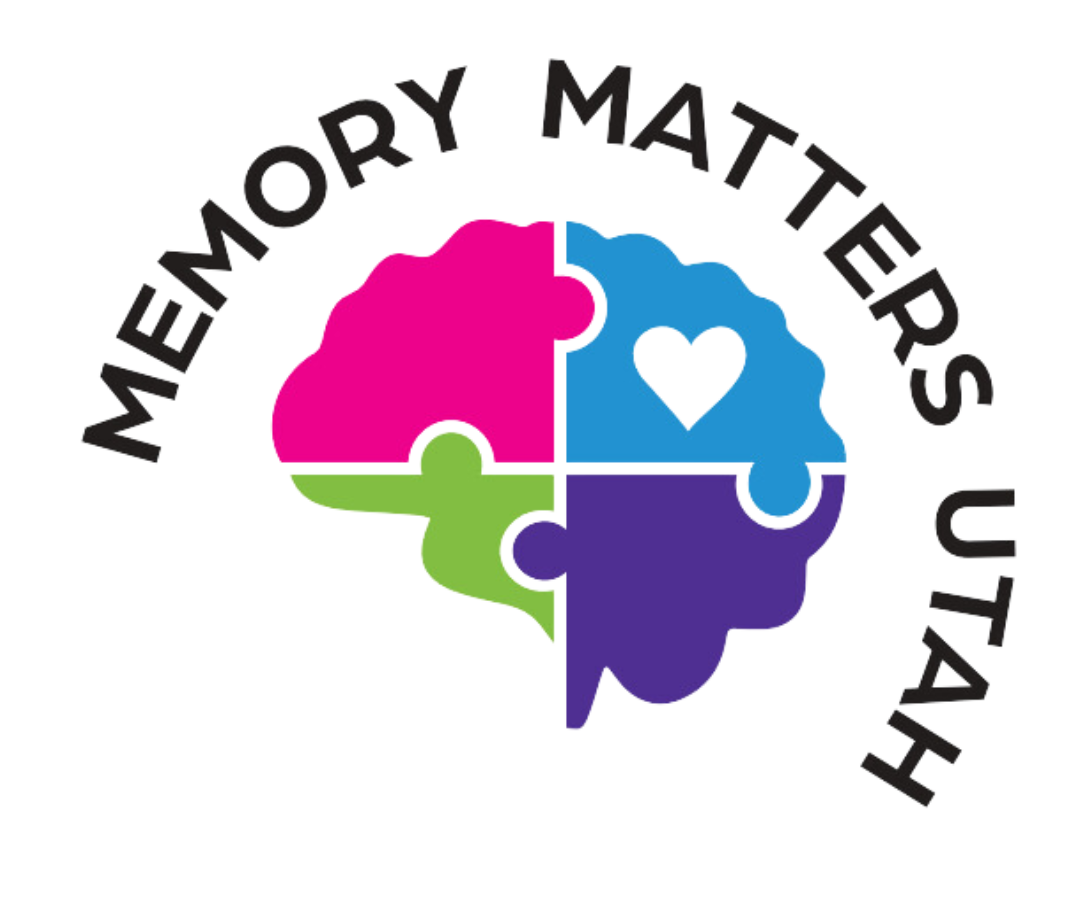Dementia is a scary disease – it comes with so many unknowns. How will this disease impact my loved one with dementia? How will it impact me and my family? There may be times when their behavior is nearly unrecognizable. Unfortunately, that’s part of the disease. With all of these changes, you may notice an increase in aggressive tendencies and, sometimes, violence. Having a plan when these behaviors arise is critical to both your well-being and your loved one’s. So what should you do when your loved on gets aggressive?
Determine if You’re in Immediate Danger
This is the first question you need to ask yourself. Do you feel safe? If you don’t, immediate action needs to be taken to prevent any irreversible damage. If you’re not in danger, rather than calling your local police department, skip to calling your hospital.
Call Memory Matters Utah
During normal business hours, we can be reached at the office. We can walk you through the steps of contacting the appropriate resources to help with your situation. Our staff is trained to handle crisis situations and act as a support system through the process. If your situation happens outside of normal business hours, follow the next steps.
Call Your Local Police Department
Often times, people are skeptical of getting the police involved when violence erupts in the home, because they don’t want their loved one to end up in jail. Because your loved one has dementia, there are special steps that should be taken to ensure your case isn’t treated like a domestic violence situation. The first step is to call your local police department. Tell them you don’t feel safe and would like a CIT (Crisis Intervention Training) officer to come do a wellness check. This will ensure that somebody gets there quickly but that they will not treat the situation like domestic violence. The officer will be trained in dealing with people with mental illness and dementia so your loved one will not be treated like a criminal.
Call Your Local Hospital
If your loved one is being violent, there is a possibility that there is a small complication with their medication or that they have a small infection, such as a UTI. It’s interesting how such a small imbalance can cause large behavioral issues. By contacting the hospital ahead of time, you give them proper notice to get everything ready for your loved one, meaning you won’t have to worry about sitting around waiting to get in.
Dixie Regional Medical Center: 1380 S. Medical Center Dr., St. George, UT (435) 251-1000
Notify the Emergency Room Social Worker
Call the Emergency Room Social Worker prior to your arrival at the ER. The social worker will advocate for your loved one, hopefully making them feel less attacked and more responsive to the doctor’s treatment. They may even make it easier to get them in and out of the hospital if they are frustrated and uncooperative.
Dixie Regional ER Social Worker: (435) 251-1072
At this point, your primary role may be caring for your loved one. You will have gotten so used to putting their needs first that you aren’t always concerned with your own. This is a mistake. Don’t be afraid to advocate for yourself if you don’t feel safe or need extra guidance through the process. By not addressing these concerns as they arise, you could be putting yourself in a dangerous position.
Contact Memory Matters before, if during work hours, or following the situation to update us, if you’d like. This will allow us to better serve your needs in the future.

